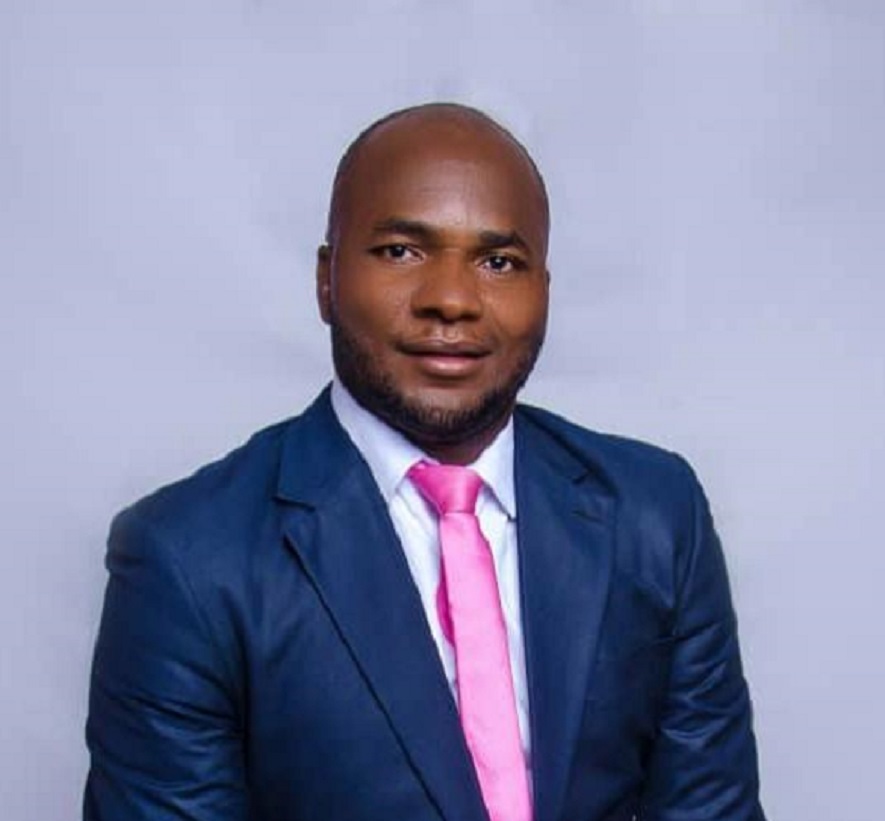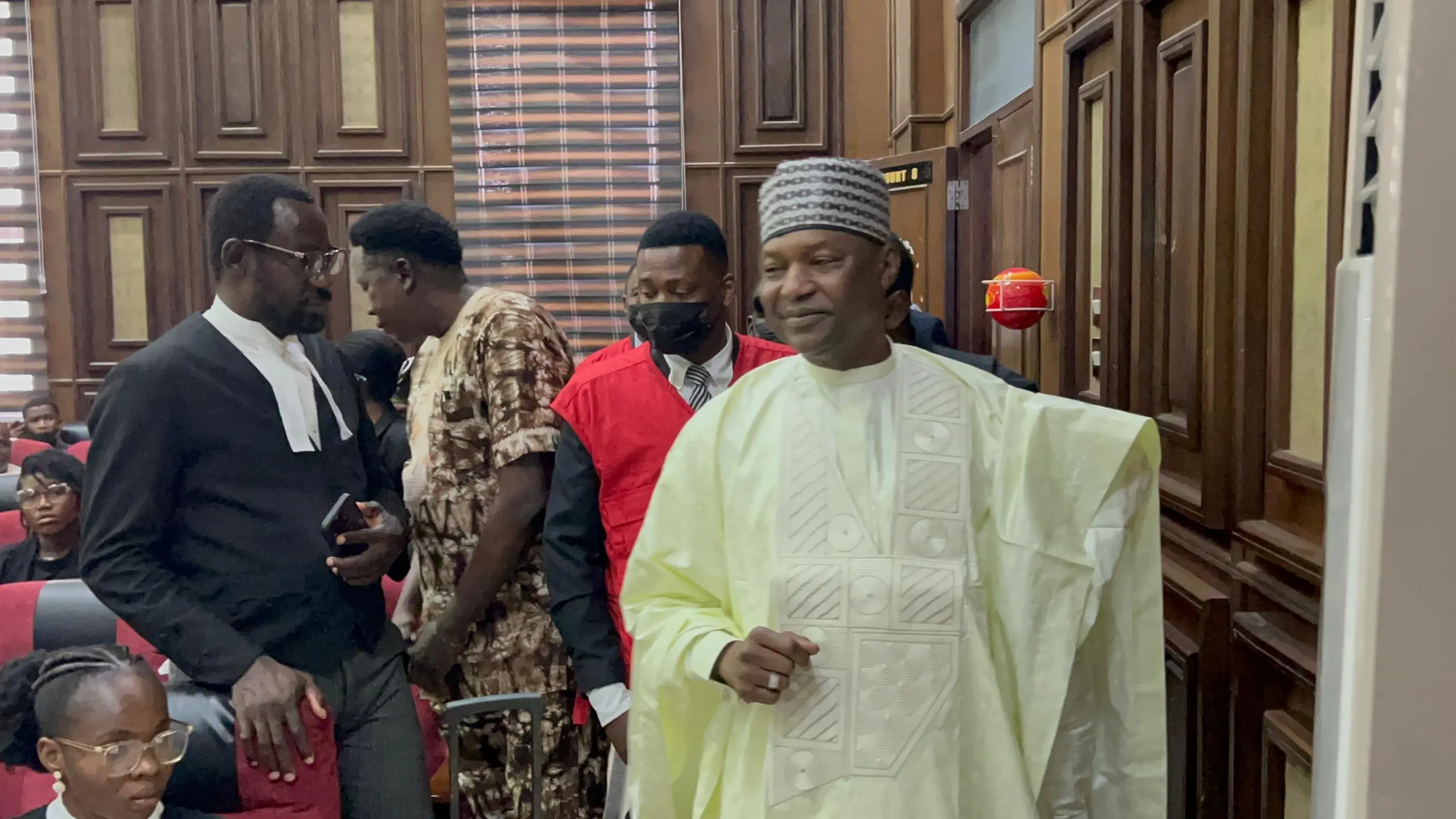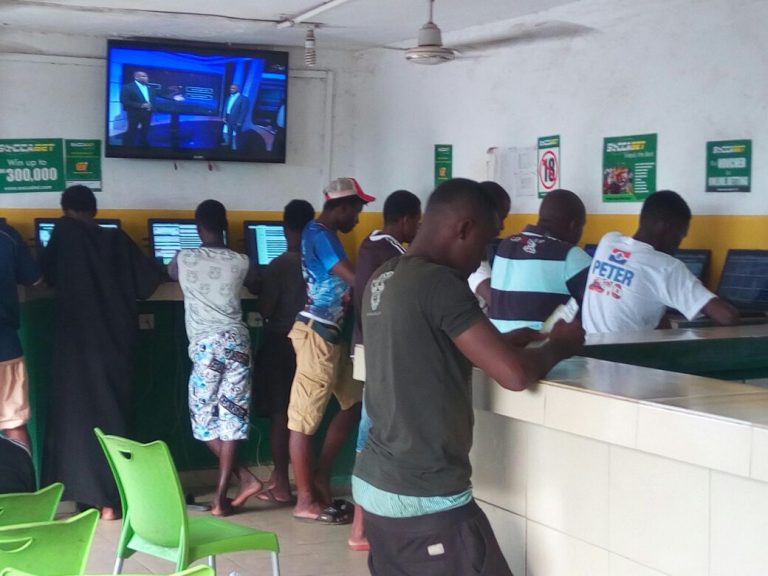General
Nigeria’s Youth Still Face Growing Challenges—Zopmal

By Kester Kenn Klomegah
Nigeria is the most populous country in Africa. It has approximately 210 million population. Nigeria has the third-largest youth population in the world, after China and India, with more than 90 million of its population under the age of 18.
While this is considered as a huge human resource, the youth also face unprecedented challenges including growing unemployment and insecurity resulting from ethnic conflicts.
As Nigeria is persistently engulfed with so many challenges and problems, it requires a systematic well-defined approach in order to overcome them and make way for a peaceful and promising future for the youth.
Retaining well-trained professionals has been identified as one of the goals of the government. The current situation still makes the future bleak for the majority of them. Some say there is hope on the horizon, only if economic policies generate needed employment, youth policies backed by adequate funds by the Federal Government of Nigeria.
In this interview, Kester Kenn Klomegah met with the former candidate of the Social Democratic Party (2019) for House of Representatives and now the President of the Middle Belt Youth Council, Mr Emmanuel Zopmal, where he talks about the current situation, the challenges and the way forward.
Here are the interview excerpts:
Why the youth are showing increasing signs of frustration these few years especially those in the middle belt region of Nigeria?
That is very interesting. I would say that frustration, in any way, is part of human life. It could come at any time. There are conditions that make someone to be under frustration. In this instance, a harsh situation or condition one faces in life without a sign of overcoming it. This makes a person frustrated. It usually comes with worry over a certain particular situation.
In the Federal Republic of Nigeria, the Middle Belt is a region that has been under immense pressure from politics and economy. Then the socio-cultural condition has also influenced our lives. The worse now is the high insecurity existing in the country. These factors are, indeed, contributing to the frustration perception we’re talking about here. You can imagine a society of people facing these forms of structural violence for these several years and there is no sign of overcoming these situations.
In your objective assessment, what has contributed to the growing unemployment in the country, considered as the Giant of Africa?
Unemployment is an economic index. It can be relative in nature. People are employed in the formal or informal economy. The extent to which people need to live an average life with an appreciable level of income that can provide for basic needs should be the major concern of the unemployment index. Unemployment perception varies as well. For example, there are two categories, those in the public sector and those in private.
Growing unemployment index can be attributed to mismanagement of the economy. The economy of every country determines how the country is structured, administered and managed for the benefit of the broad majority of the population. Without this, a country will definitely face a high unemployment rate.
Secondly, the system of education plays a role here, the most important aspects that contribute to unemployment perception index. Innovative education produces a high quality of graduates who can create jobs. The standard of education should not be conservative. Research and public policy on education help to get out of this problem often referred to as unemployment.
Frankly speaking, it is difficult to understand why Nigeria claims the Giant of Africa. Perhaps, this claim is only by its huge population. Besides that, Nigeria is not a Giant of Africa.
What are your views about the policies of the federal administration in addressing problems of the youth, especially young graduates?
If the government focuses on research and policy, it will help in addressing the problems of youth. Anyway, one cannot actually measure what are the real problems of the youth, especially young graduates. As earlier mentioned, programs such as innovative education will help graduates to overcome employment challenges. Of course, innovation comes through talent or through research. This development can bring changes in the status quo. People will have access to new ways of doing things that help their lives.
Does the current constitution adequately guarantee the youth’s welfare? What are the pitfalls in the implementation of aspects of the Constitution that connect or relate with youth?
Unfortunately, I look at welfare as benevolence. It makes the younger generation too dependent and unproductive since the government provides their welfare. Youth empowerment should simply be a question of policy, not constitution. Nigeria’s 1999 Constitution only provided policy, the issue of youth is not mentioned. It talks only about the welfare of the “citizens” in the country. In my candid view, the capacity of education and skillset of the youth should be the welfare package of our government.
As a former candidate of the Social Democratic Party (2019) for House of Representatives, do you still press for youth issues?
In the African context, I am still among the youth. Youth is my major constituency. As a former presidential candidate of the National Youth Council of Nigeria (2015), I had my youth policy programs as the key manifesto. I will continue to press for youth’s political participation, contemporary educational standard, skillset, and empowerment.
And now as the President of the Middle Belt Youth Council, what do you consider as the main challenges and the way forward for the youth in Nigeria?
At the moment, the future of our youth must be secured by curbing the ravaging insecurity in the country. With the current rampant insecurity, we cannot move forward. Secondly, the attitude of growing nepotism by government officials in public offices, this culture is bad for our youth. It has to be checked in order not to transfer it to the youth. Government has to take the youth as its national priority. Deliberate policy programs in technological advancement will open up the new horizon for the youth. The youth have to be fully engaged in meaningful activities.
General
NISO Attributes Electricity Woes to Inadequate Gas Supply

By Adedapo Adesanya
The Nigerian Independent System Operator (NISO) has attributed the poor power supply facing a considerable number of Nigerians to inadequate gas supply to thermal power plants.
Business Post reports that epileptic power supply has plagued consumers in Lagos, Oyo, Abuja, and Osun, among others, this month, leading to worries. Also, some businesses have recorded losses due to the epileptic power supply in their areas.
In a statement posted on its X handle, NISO disclosed that average available generation on the national grid currently stands at about 4,300 megawatts (MW), with the low output primarily attributed to gas supply constraints.
The system operator noted that thermal power plants, which account for the dominant share of Nigeria’s electricity generation mix, require an estimated 1,629.75 million standard cubic feet (MMSCF) of gas per day to operate at optimal capacity. However, as of February 23, 2026, actual gas supply to the plants was approximately 692.00 MMSCF per day.
The available supply represents less than 43 per cent of the daily gas requirement, resulting in constrained generation output and reduced electricity allocation to Distribution Companies (DisCos).
NISO, which independently manages the nation’s electricity grid, explained that any disruption or limitation in gas supply directly affects available generation capacity and overall grid output, given the heavy reliance on thermal plants.
It added that when total system generation drops significantly, the operator is compelled to implement load shedding across the network while dispatching available energy in line with allocation percentages approved under the Multi-Year Tariff Order (MYTO) framework of the Nigerian Electricity Regulatory Commission (NERC), to maintain grid stability and prevent system disturbances.
While expressing regret over the inconvenience to electricity consumers and market participants, NISO said it is working closely with relevant stakeholders to restore full energy allocation once gas supply improves and generation capacity returns to normal levels.
General
EFCC Re-Arraigns ex-AGF Malami, Wife, Son Over Alleged Money Laundering

By Adedapo Adesanya
The Economic and Financial Crimes Commission (EFCC) has re-arraigned former Attorney-General of the Federation (AGF), Mr Abubakar Malami (SAN), his wife, Mrs Asabe Bashir, and son, Mr Abdulaziz Malami, on money laundering charges.
They were brought before Justice Joyce Abdulmalik of the Federal High Court in Abuja, following the re-assignment of the case to the new trial judge.
Upon resumed hearing, EFCC’s lawyer, Mr Jibrin Okutepa (SAN), informed the court that the matter was scheduled for defendants’ re-arraignment.
“The matter is coming before your lordship this morning for the very first time. I will be applying for the plea of the defendants to be taken,” he said.
Mr Okutepa equally applied that the sums listed in Counts 11 and 12 be corrected to read N325 million instead of N325 billion for Count 11, and N120 million instead of N120 billion for Count 12.
When it was not opposed by the defence lawyer, Mr Joseph Daudu (SAN), Justice Abdulmalik granted the oral application by Mr Okutepa.
The defendants, however, pleaded not guilty to the 16 counts preferred against them by the anti-graft agency bordering on money laundering.
Justice Obiora Egwuatu had, on February 12, withdrawn from the case shortly after the civil case filed by the EFCC was brought to him.
The case was formerly before Justice Emeka Nwite, who sat as a vacation judge during the Christmas/New Year break.
After the vacation period, the CJ reassigned the cases to Justice Egwuatu, who had now recused himself, before it was reassigned to Justice Abdulmalik.
The former AGF, his wife, and son were earlier arraigned before Justice Nwite on December 30, 2025.
While Malami and his son were remanded at Kuje Correctional Centre, Asabe was remanded at Suleja Correctional Centre before they were admitted to N500 million bail each, on January 7, with two sureties each in the like sum.
General
INEC Shifts 2027 Presidential, N’Assembly Elections to January 16

By Adedapo Adesanya
Nigeria will hold next year’s presidential and National Assembly elections a month earlier than planned, after the Independent National Electoral Commission (INEC) revised the polling schedule.
The elections will be held on January 16, instead of the previously announced date of February 20, INEC said in an X post, signed by Mr Mohammed Kudu Haruna, National Commissioner and Chairman, Information and Voter Education Committee.
There were also changes to the Governorship and State Houses of Assembly elections initially fixed for Saturday, March 6 2027, in line with the Electoral Act, 2022, have now been moved to Saturday, February 6, 2027.
The electoral commission said the changes were caused by the enactment of the Electoral Act, 2026 and the repeal of the Electoral Act, 2022, which introduced adjustments to statutory timelines governing pre-election and electoral activities.
“The Commission reviewed and realigned the schedule to ensure compliance with the new legal framework,” it said.
INEC said party primaries (including resolution of disputes) will commence on April 23, 2026 and end on May 30, 2026, after which Presidential and National Assembly campaigns will begin on August 19, 2026, while Governorship and State Houses of Assembly campaigns will begin on September 9, 2026.
It noted that campaigns will end 24 hours before Election Day, and political parties have been advised to strictly adhere to the timelines.
INEC also stated it will enforce compliance with the law.
The electoral body also rescheduled the Osun Governorship election which was earlier scheduled for Saturday, August 8 2026, by a week to Saturday, August 15, 2026.
INEC noted that some activities regarding the Ekiti and Osun governorship elections have already been conducted, and the remaining activities will be implemented in accordance with the Electoral Act, 2026.
Speaking at a news briefing in Abuja two weeks ago, the chairman of INEC, Mr Joash Amupitan, expressed the readiness of the commission to conduct the polls next year.
The timetable issued by the organisation for the polls at the time came when the federal parliament had yet to transmit the amended electoral bill to President Bola Tinubu for assent.
Later that week, the Senate passed the electoral bill, reducing the notice of elections from 360 days to 180 days, while the transmission of results was mandated with a proviso.
-

 Feature/OPED6 years ago
Feature/OPED6 years agoDavos was Different this year
-
Travel/Tourism10 years ago
Lagos Seals Western Lodge Hotel In Ikorodu
-

 Showbiz3 years ago
Showbiz3 years agoEstranged Lover Releases Videos of Empress Njamah Bathing
-

 Banking8 years ago
Banking8 years agoSort Codes of GTBank Branches in Nigeria
-

 Economy3 years ago
Economy3 years agoSubsidy Removal: CNG at N130 Per Litre Cheaper Than Petrol—IPMAN
-

 Banking3 years ago
Banking3 years agoSort Codes of UBA Branches in Nigeria
-

 Banking3 years ago
Banking3 years agoFirst Bank Announces Planned Downtime
-

 Sports3 years ago
Sports3 years agoHighest Paid Nigerian Footballer – How Much Do Nigerian Footballers Earn





















